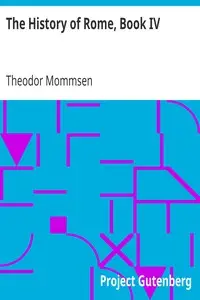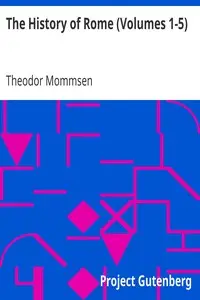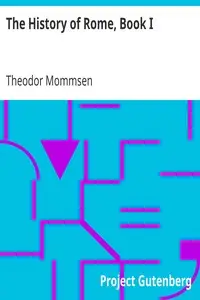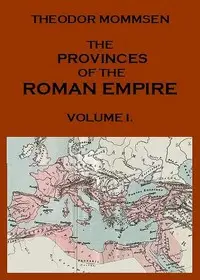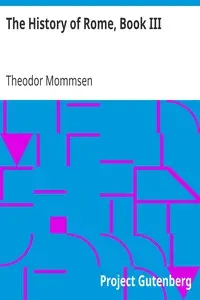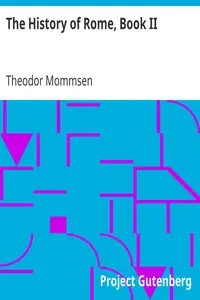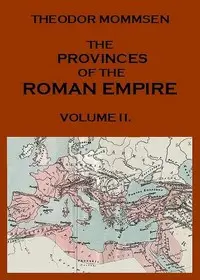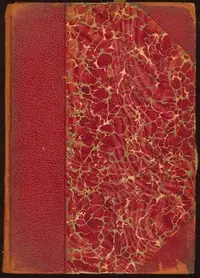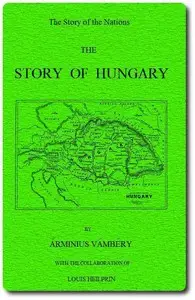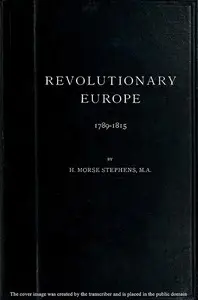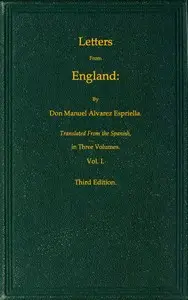"The History of Rome, Book V" by Theodor Mommsen is a historical piece created in the 1800s that examines an important transformation in Roman history, particularly how a military-led government took hold after Sulla's death. The book presents the political and social scene of the era, exploring the power struggles between the different groups, such as the wealthy ruling class, the common people, and the powerful military commanders. The volume likely begins by describing the political situation after Sulla's death, showing a ruling class using force to stay in power, while facing many different groups of opponents, all part of a larger popular party. These groups have different goals, from those wanting legal changes to more extreme democrats seeking to reclaim lost rights. Mommsen highlights key people like Lepidus and Sertorius, as well as the internal conflicts that lead to public unrest, setting the stage for a deep look at Roman political life during this chaotic time, with a focus on the alliances and rivalries between military leaders and politicians.
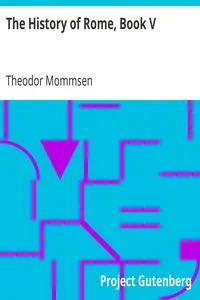
The History of Rome, Book V The Establishment of the Military Monarchy
By Theodor Mommsen
Witness the intense clash of power as political factions and ambitious military leaders collide in the aftermath of a dictator's demise, setting the stage for a new Roman empire.
Summary
About the AuthorChristian Matthias Theodor Mommsen was a German classical scholar, historian, jurist, journalist, politician and archaeologist. He is widely regarded as one of the greatest classicists of the 19th century. He received the 1902 Nobel Prize in Literature for his historical writings, including The History of Rome, after having been nominated by 18 members of the Prussian Academy of Sciences. He was also a prominent German politician, as a member of the Prussian and German parliaments. His works on Roman law and on the law of obligations had a significant impact on the German civil code.
Christian Matthias Theodor Mommsen was a German classical scholar, historian, jurist, journalist, politician and archaeologist. He is widely regarded as one of the greatest classicists of the 19th century. He received the 1902 Nobel Prize in Literature for his historical writings, including The History of Rome, after having been nominated by 18 members of the Prussian Academy of Sciences. He was also a prominent German politician, as a member of the Prussian and German parliaments. His works on Roman law and on the law of obligations had a significant impact on the German civil code.


